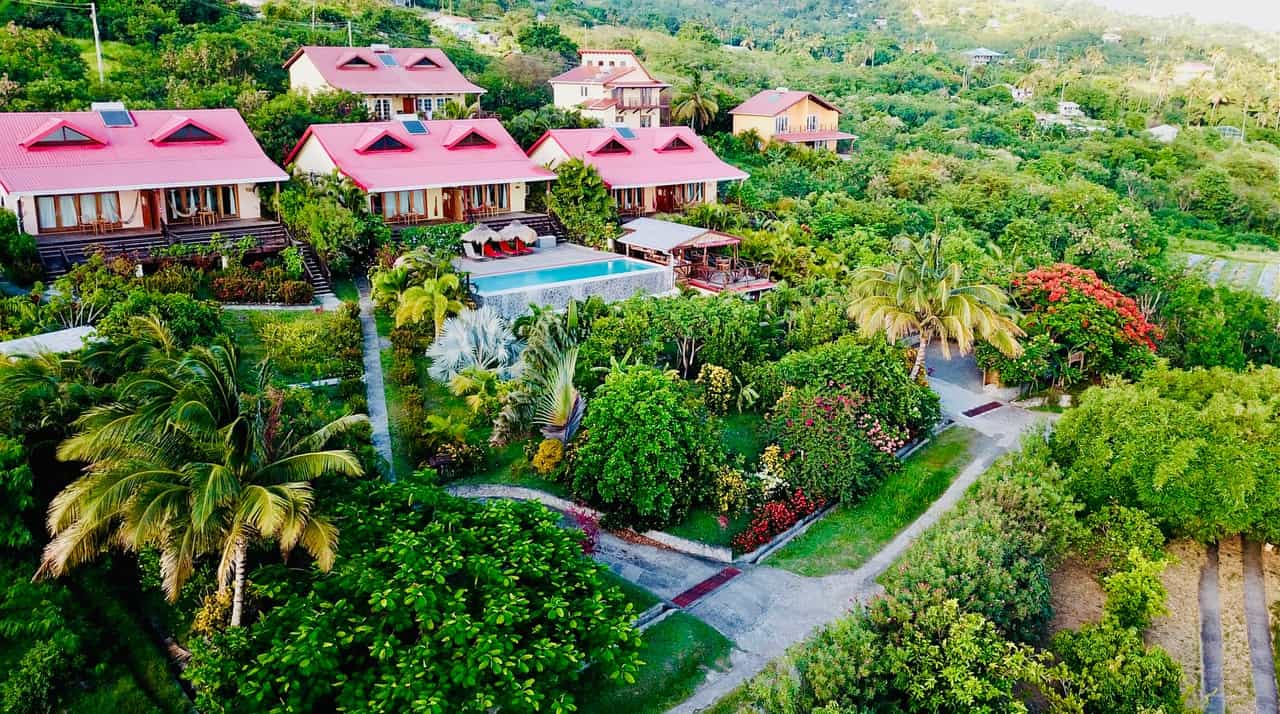“…one doesn’t have to sacrifice design and aesthetics to include human dignity.” Tamaryn, STANDSEVEN
STANDSEVEN is an online shop that o ffers high end design products that create social impact. STANDSEVEN has roots in documentary film, interior design and independent business. A passion for artisan made products, a spirit in freedom fighting and off the grid communities. A shared vision to bridge worlds. STANDSEVEN works with artisans in Bosnia, Kenya, Rwanda, Bengladesh, Pakistan, India, Sri Lanka, South Africa, Sierra Leone, Brazil, Belize, Mauritania, Angola, France and England amongst others.
THC: What inspires you and why?
Ikena: Inspiration is everywhere for me, all the time. It could be a book, my parents, a conversation with my business partner, Tamaryn. But what really inspires me is how people overcome obstacles. Hard-working, detailed, driven people inspire me. On one of our team days, the whole team went to see the animated movie, “The Wind Rises,” written and directed by Hayao Miyazaki. The whole story is about belief in your work, do what you do, but make a difference with purpose and determination.
THC: How did you get into your business?
Ikena: It was a very linear process; I used to work in television making documentary films, with the idea that telling stories could create consciousness. I travelled the world, and at one point I ended up doing a documentary series about people who had an idea to make the world better and actually did. We were in three continents, in two different languages and I was the Executive Producer and Presenter, so I got to choose the stories. We ended up in Mozambique in a small town called M’beda, where a South African architect had gone to teach the local population how to re-use wood sustainably. In the process he had all these extra bits of wood and he was teaching them how to make bowls and bracelets, and when I arrived he was selling the bracelets and bowls to Gucci. Being from sub-Saharan Africa, I’m always asking myself what I can do to help the region I’m from overcome its obstacles. I grew up thinking you had to have a United Nations Resolution and you had to have a legal infrastructure and a global acceptance of your products, and there are very difficult poverty cycles to break. When I saw this whilst doing the documentary, I realised this had an immediate impact, because those eight artisans were sending all of the children of their village to school with these bowls and bracelets. I realized we don’t need to build $20million wells. Those things are important of course, but I could help provide immediate relief for people through the sales of everyday products, as well as helping promote the middle class. I’ve always been a shopper, and those bowls are gorgeous, I wanted twenty of them! From there it was a clear evolution. I thought ok, I can’t make a bowl, and I can’t teach the local population how to use the wood sustainably, but I can tell the story and I can provide a route to market, so I transitioned from television to ecommerce.
Tamaryn: I took a slightly different road, because my background is in interior design. I’m obsessed with both design and architecture. I flew all over the world designing wealthy peoples’ homes, which is great because you can touch people on a singular day to day level. But in all the practices I worked in, my biggest bugbear was the sheer volume of waste. I always thought, there had to be a way where one didn’t have to sacrifice design and aesthetics to create positive social impact. I’ve always been searching for this and its what drove me to start my own business three years ago. It was an ecommerce business selling interior design products. When I met Ikena, she brought the missing aspect of social impact. My fundamental ethos is, one doesn’t have to sacrifice design and aesthetics to include human dignity.
THC: What is the entry point?
Tamaryn: The demographic is very inclusive, inspirational, yet attainable luxury. We appeal to a range of customers, from yummy mummies in Chiswick, to tattoo artists who appreciate beautiful design. Compared to the art market, our prices are reasonable; we’re offering value ultimately. It’s quality with social impact behind it. We’re social impact storytellers.
What are you working on right now?
Ikena: We’re working on a collaboration with Ross Lovegrove. He’s designing a candleholder, which we’re producing with porcelain house Vista Alegre. They’ve been doing porcelain for 200 years in Portugal and they’ve kept all their production local, defying market trends to produce elsewhere. I’m working to enlist artisan women in Rwanda, who will make the candles for the candleholder.
THC: How do you see your space evolving?
Ikena: Conscious consumerism is a big tidal wave and we’re proud of being part of a larger, diverse group of companies, entrepreneurs and thinkers in this field. We’re right at the forefront of two different commercial trends: ecommerce and the artisan communities utilising technology. Google are putting a belt of globes around the world, so artisan communities can connect, even if they’re off the grid. It will be fascinating to see what that means for us. People feel disenfranchised from the political system, so people feel like they can vote faster with what they buy, than at the polls. What you buy, what you wear and how you express yourself with the things you own, creates immediate tribes. If we have the same brand taste in a shoe, it creates an immediate conversation. We’re trying to add the supplier and producer into the conversation.
THC: Who’s your hero or icon?
Ikena: My parents were freedom fighters, and great, generous, laughing human beings. The fact that they could be all those things is very special to me.
Tamaryn: I wish I had such a definitive answer. I take influences from a lot of people. My parents are definitely my icons. They teach you values, how to see the world. But I also think of trailblazers like journalists Nicholas Kristof and Sheryl WuDunn, who wrote Half the Sky Movement. That inspired the social impact aspect for me. They talk about how women have been excluded from everything in the world for such a long time. They put together so many intricate threads, they’re the icons I look to for exposing such truths. And of course, Patti Smith, she was the inspiration for the “Seven” in Stand Seven, taken from her song, “Seven Ways of Going”. The lyrics “Seven ways of going, seven where’s to be, seven sweet disguises, seven ways of serving thee ”. Patti’s song encapsulated everything we embody at Stand Seven. Patti Smith did everything she set out to do, said to hell with the establishment and was still loved by everyone, whilst being able to stay true to herself.
THC: Where’s your favourite spot around the world?
Ikena: Just one!? Skeleton Coast in the Namibian desert. It’s surreal. Suddenly you’ll see an old ship lying there in the middle of the desert. The ocean has receded and ships that sank hundreds of years ago have become exposed. It completely alters your perception of reality. For me, the desert is a very alive place, standing there listening and feeling the sounds. In a city, you feel kind of alone, but in the desert you feel like you’re a part of a bigger fold. I love the Namibian Coast because it reminds me to not trust too much in visual reality. Surrealism is good.
Tamaryn: Peru. It has everything from the jungle, the city and of course the mountains, a thousand feet up. The culture is unique and the food is delicious. It’s off the beaten track too, so I love it. And thirdly, we’d say London. We met in London. It’s the place that’s been the home of Stand Seven. I think Chaka Khan said she loved the weather in England because it’s filled with drama.
THC: What’s your favourite injection of culture into a brand?
Ikena & Tamaryn: We really like Tom’s. We talk about them all the time as a pioneer, because they’ve taken a typical Argentinean shoe, one of the cultural staples of that nation, with the flag behind it, and combined the culture of social impact and giving back and created a one-to-one business model – all packed into this iconic brand. Walk around the Serpentine Gallery on a Sunday, you’ll see 30-40% of the people wearing Tom’s. They took the culture of giving back and made it the brand culture.









